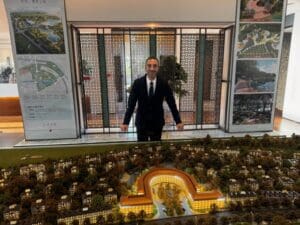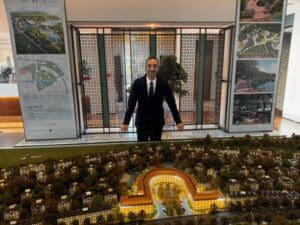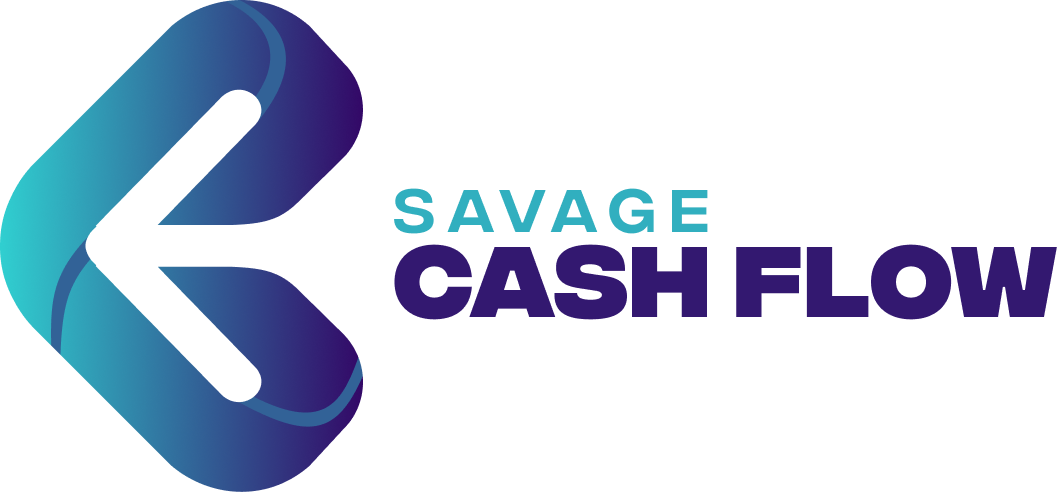
Simón Levy Explores Cross-Cultural Insights and Fostering Global Business Innovation

Simón Levy is a prominent entrepreneur and visionary leader in cross-border business ventures, particularly between China, Mexico, and Latin America.
As the founder of IDEASIA Fund, Simón Levy has spent over two decades mastering the intricacies of international business, becoming a trusted advisor for companies seeking global expansion.
Recognized as a Young Global Leader by the World Economic Forum and honored for his contributions to China-Mexico relations, Levy’s expertise spans urban development, tourism, and high-tech ventures. In this exclusive interview, Simón Levy shares his experiences, strategies, and insights on navigating the complex landscape of global business and cultural exchange.
What does your typical day look like, and how do you make it productive?
My days are rarely typical, given the global nature of my work. However, I generally start early, reviewing communications from our Chinese partners due to the time difference. I dedicate mornings to strategic planning and important meetings, often involving cross-cultural negotiations. Afternoons are for project management and team collaboration. I make my days productive by prioritizing tasks, delegating effectively, and maintaining a disciplined schedule. I also ensure to allocate time for reflection and learning, often in the evening, to continuously improve my strategies and approaches.
How do you stay informed about industry trends and emerging technologies?
I stay informed through a combination of methods. I regularly attend international conferences and forums, particularly those focusing on urban development and cross-border investments. I maintain a network of experts across various fields and engage in frequent discussions with them. Additionally, I dedicate time to reading industry publications, academic journals, and reports from think tanks. I also believe in hands-on learning, so I often visit innovative projects around the world to see emerging trends in action.
Can you recall a significant challenge or failure you faced and how you overcame it?
One significant challenge I faced was during the early days of promoting Mexican-Chinese business relations. There was a considerable cultural and language barrier, coupled with skepticism from both sides. I overcame this by immersing myself in Chinese culture and language, becoming one of the first Mexican attorneys to secure a work permit in China. This dedication to understanding and bridging cultures became the foundation of my success in facilitating cross-border ventures.
What is your approach to starting a new project?
When starting a new project, I begin with thorough research and analysis. I gather a diverse team of experts to ensure we have a comprehensive understanding of all aspects – cultural, economic, technological, and legal. I focus on establishing clear objectives and identifying potential challenges early on. Importantly, I always seek to understand the local context and needs, ensuring our projects are not just profitable but also beneficial to the communities they serve.
What is the toughest decision you’ve had to make in the last few months? What was the outcome? Would you do anything differently today?
Recently, I had to decide whether to proceed with a large-scale housing project in a developing region despite significant political instability. The project promised substantial returns and would provide much-needed affordable housing. However, the political situation posed risks to the investment and potentially to our workforce. After careful consideration and consultations, I decided to postpone the project. While this meant delaying potential benefits, it ultimately protected our resources and reputation. In hindsight, I stand by this decision, as it aligns with our values of responsible development.
What was the worst job you ever had, and what did you learn from it?
The concept of a “worst job” is relative, as every experience offers valuable lessons. However, my early days as an intern at USAID were challenging. The bureaucracy and slow pace of change were frustrating for someone with entrepreneurial ambitions. Yet, this experience taught me the importance of patience, the complexities of public policy, and how to navigate large institutional structures – skills that have proved invaluable in my career bridging private enterprise and public interest.
Tell us about a skill you taught yourself. How did you go about learning?
One crucial skill I taught myself was the Chinese language. I began learning at 12 when I started importing tech products from China. I used a combination of self-study materials, language exchange partnerships, and immersion experiences. I practiced relentlessly, making mistakes and learning from them. This self-taught skill became a cornerstone of my career, enabling me to build strong relationships and navigate complex business environments in China.
What people in your life or career have had the greatest impact on you? How?
Several individuals have profoundly impacted my life and career. My parents instilled in me a strong work ethic and the importance of education. Professionally, Li Shufu, the founder of Geely, has been a great inspiration. His journey from a rural background to building a global automotive empire exemplifies the power of vision and perseverance. Additionally, the teachings of Deng Xiaoping have significantly influenced my pragmatic approach to business and development.
What do you think it is that makes you successful?
I believe my success stems from a combination of factors. My ability to bridge cultures, particularly between China and Latin America, has been crucial. My commitment to continuous learning and adaptability has allowed me to navigate complex global landscapes. Additionally, my focus on creating value not just for businesses but for communities has driven sustainable success. Importantly, I maintain a balance between ambitious vision and practical execution, always grounded in my core values of ethics, honesty, and loyalty.
What is the one book that you recommend everyone should read and why?
While it’s challenging to recommend just one book, I would suggest “Deng Xiaoping and the Transformation of China” by Ezra F. Vogel. This book provides invaluable insights into the leadership and strategic thinking that transformed China into an economic powerhouse. It offers lessons on pragmatic policy-making, the balance between ideology and practical solutions, and the complexities of managing large-scale societal changes. These insights are not only crucial for understanding modern China but also offer valuable lessons for anyone involved in leadership, policy-making, or international relations.
Simón Levy has demonstrated a unique ability to navigate the complexities of international business, particularly in fostering relationships between China and Latin America. His insights provide valuable guidance for entrepreneurs and business leaders seeking to expand their global reach. We thank Simón Levy for sharing his experiences and wisdom in this interview.
Read more:
Simón Levy Explores Cross-Cultural Insights and Fostering Global Business Innovation
